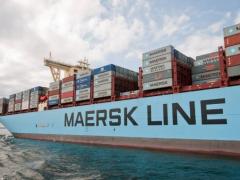Boston City Campus has launched an initiative to strengthen logistics and supply-chain management education, aligning its programmes with global best practices while addressing the unique needs of African markets.
The revamped curriculum integrates digital logistics tools and data analytics, sustainability principles and scenario-based learning to better prepare graduates for the region’s complex supply-chain environment.
“The logistics sector faces a pronounced skills mismatch, with many graduates equipped with theoretical knowledge but lacking the practical experience required in fast-paced, complex environments,” said Dr Nazmira Mohamed, programme coordinator for the Boston Bachelor of Commerce in Supply Chain Management degree and the Boston Higher Certificate in Logistics and Supply Chain Management Practice.
“There is also a shortage of qualified trainers with up-to-date industry expertise, affecting education quality. Digital adoption in training remains inconsistent, particularly in rural and underserved regions, limiting student exposure to modern tools.”
According to Smangele Makhathini, academic and quality manager, infrastructure challenges such as port congestion, unreliable rail systems, and fragmented transport regulations further compound supply-chain complexity, requiring graduates to develop skills in resilience planning and multimodal logistics.
“Addressing these challenges demands stronger collaboration between academia and industry,” she said.
- Read the full article in our Freight Features edition on ‘Logistics’, available on Friday, September 5.













